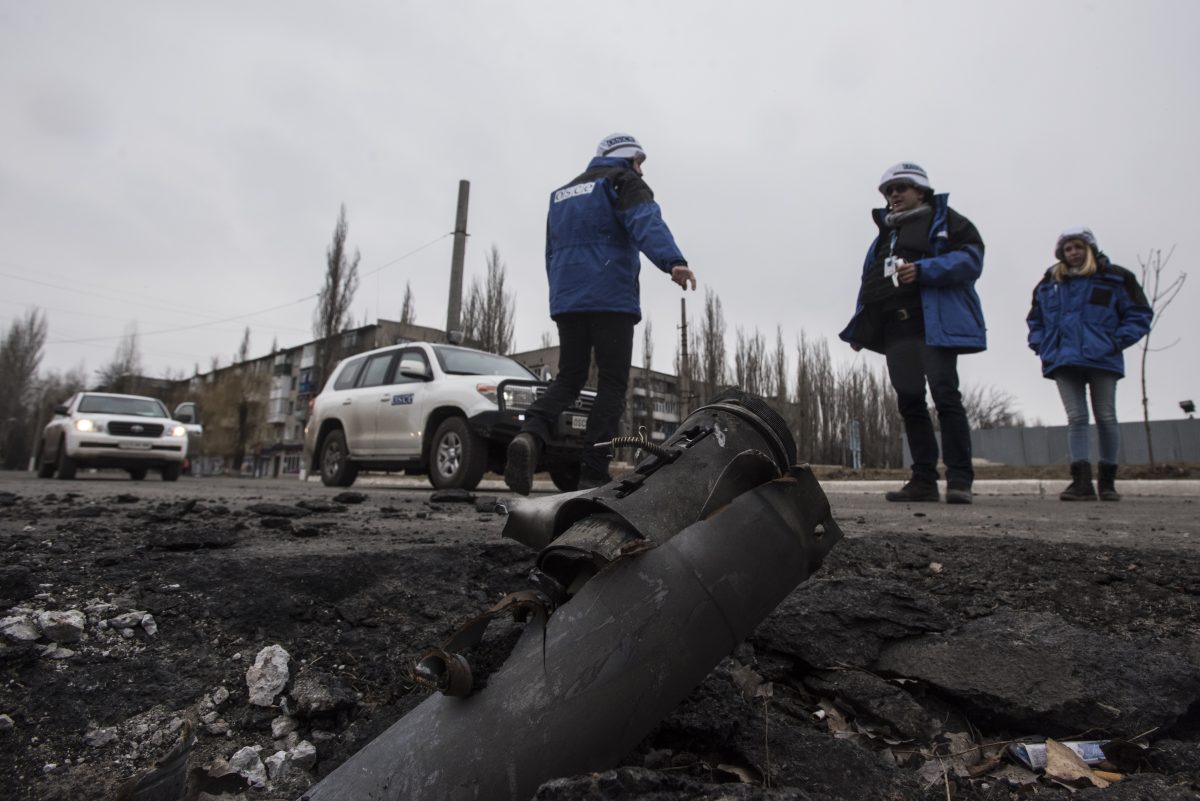Between aspirations and realities
The legal framework of the OSCE in the focus
The deployment of the OSCE Special Monitoring Mission (SMM) in the wake of the Ukraine crisis illustrated once more the difficulties related to the legal status of the Organization for Security and Cooperation in Europe (OSCE). Despite its name, the OSCE is not an international organization in the public international law sense and lacks international legal personality. One of the main consequences in practice is that OSCE personnel sent abroad does not have diplomatic privileges and immunities. This can hamper the effective functioning of this institution, which is with its 57 participating states from Europe, Central Asia and North America the world’s largest regional security organization. Covering a wide array of concerns relating to human, politico-military and economic-environmental topics, the mandate of this important institution exceeds purely security-related concerns. Even though the formalization of the OSCE’s institutional structure has been subject to debate since a long time, it remains an open issue until today.
These questions were at the heart of the international conference “Between Aspirations and Realities: Strengthening the Legal Framework of the OSCE” convened by Carolyn Moser, Anne Peters and Mateja Steinbrück Platise in the name of the Max-Planck-Institute for Comparative Public and International Law, bringing together international scholars and practitioners with expertise in legal, political and related fields. We are delighted to host in the two next weeks a series of contributions that were presented and discussed during the conference. Christian Tomuschat will open the symposium, critically reflecting on a possible shift to a more legalized status of the OSCE. A possible institutional duty of loyalty of the OSCE participating states, derived from customary international law, will then be explored by Cedric Ryngaert. In her contribution, Isabelle Ley unravels both the theoretical and practical complexities of the debate on the legal framework and/or status of the OSCE. She sheds light on the schizophrenic state as well as the mutually blocking intentions concerning the process of strengthening the legal foundations of the organization. Finally, Gleb Bogush spins this line of argument further. He provides valuable insights as to the intricate wider geopolitical and institutional context in which the legalization of the OSCE is discussed.
We are looking forward to thought-stimulating contributions and welcome remarks and questions!
Cite as: Raffaela Kunz, “Between Aspirations and Realities: The legal framework of the OSCE in the focus”, Völkerrechtsblog, 1 August 2016, doi: 10.17176/20180412-214817.

Raffaela Kunz is a Postdoctoral Researcher and Lecturer at the University of Zurich, Switzerland. She is member of the Scientific Advisory Board of the Völkerrechtsblog.
